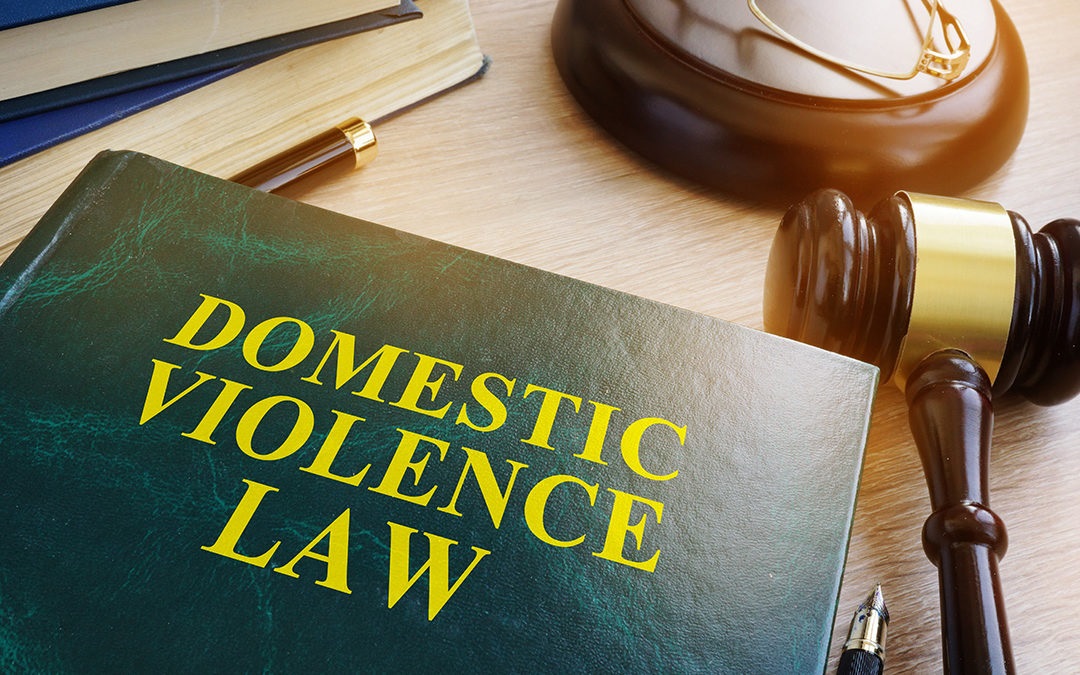Domestic Violence Lawyer: Choosing Your Advocate in Crisis
Domestic violence is a critical legal issue that affects millions of people across the globe. As lawyers specializing in domestic violence cases, we understand the complexities and sensitivities involved in navigating these matters. We provide legal advice to victims of domestic violence, aiming to protect their rights and secure their safety. Our role is to guide clients through the legal process, which often involves filing for protection orders, initiating divorce or custody proceedings, and representing them in court.
We also work with individuals accused of domestic violence, ensuring that they receive a fair trial and legal representation in accordance with the law. It is imperative for anyone involved in a domestic violence case to seek specialized legal support. The intricacies of the law require a lawyer with experience in domestic violence cases to achieve the best possible outcomes for their clients. Whether through litigation or more collaborative approaches, we strive to secure results that uphold the rule of law and advocate for the interests of those we represent. Learn more about domestic violence lawyer
Understanding Domestic Violence Law
In this section, we will explore the legal framework that surrounds domestic violence, including the various types of abuse, potential charges and their consequences, and the legal protections available to victims.
Types of Domestic Violence
Physical Abuse: Involves the use of physical force which may result in bodily injury, physical pain, or impairment. It can range from simple assaults to severe battery.
- Slapping, hitting, punching
- Pushing, shoving, choking
- Use of weapons
Emotional Abuse: This non-physical form of abuse can be just as damaging, involving manipulation, threats, and blackmail to control or frighten the victim.
- Verbal insults, put-downs
- Humiliation, constant criticism
- Isolation from friends, family
Sexual Abuse: Any sexual behavior performed without the consent of the victim falls under this category.
- Forced sexual contact or behavior
- Marital rape
- Sexual assault or battery
Economic Abuse: The abuser controls the victim’s financial resources, hindering their ability to support themselves and forcing them to depend on the perpetrator.
- Withholding access to money
- Preventing a partner from working or attending school
- Total control over finances, bank accounts
Domestic Violence Charges and Consequences
Misdemeanor Domestic Violence: Often includes less severe acts of violence without substantial physical harm. However, penalties can include:
- Jail time (up to 1 year)
- Fines, mandatory counseling
- Probation
Felony Domestic Violence: Includes more severe cases where significant harm occurs or if the defendant has prior convictions of domestic violence.
- Longer jail sentences (year or more)
- Higher fines, longer probation
- Possible loss of custody rights, firearm possession
Family Law Proceedings: Domestic violence charges can also have a direct impact on divorce and child custody proceedings within family law. The presence of domestic violence can influence the court’s decisions regarding custody and spousal support.
Protection Orders and Legal Remedies
Restraining Orders: Court-issued orders to prevent the abuser from contacting or approaching the victim.
- No-contact order
- Stay-away order
- Temporary or permanent depending on severity
Protection Orders: Specifically designed to offer legal protection to victims of domestic violence, detailing what the abuser can or cannot do.
- May evict the abuser from a shared residence
- Can include provisions for child custody
- May mandate the surrender of firearms
Legal Advocacy: Domestic violence lawyers can assist in navigating the process of obtaining protection orders and can represent victims in associated family law cases.
In summary, domestic violence law encompasses various legal instruments and protective measures designed to safeguard victims and hold perpetrators accountable. Understanding these aspects is crucial for anyone affected by domestic violence.
Finding the Right Domestic Violence Lawyer
When facing a domestic violence case, it’s crucial to have an attorney with the right expertise. We must consider practice areas, the choice of legal representation, and the costs involved.
Areas of Practice and Expertise
Domestic violence attorneys specialize in cases that involve accusations of harm between individuals in domestic relationships. In searching for the right attorney, we look at law firms with a clear focus on areas like family law, criminal defense, and specific issues such as child custody and child support. It’s essential to verify the years licensed and education of the attorney to ensure that they are well-equipped to handle the nuances of a case. In cities like Kansas City, MO and Phoenix, AZ, as well as regions like Maricopa County, there are lawyers who have honed their advocacy skills to cater to both the victim and the accused, considering the emotional aspects and the conduct involved.
How to Choose Your Legal Representation
Choosing legal representation is a critical step. We prioritize lawyers who offer a free consultation because it allows us to discuss our case and understand the possible outcomes without any financial obligation. The decision should also be influenced by the attorney’s track record in plea negotiations and at trial. Representation by a seasoned domestic violence attorney can mean the difference between a favorable or unfavorable resolution, especially when the issues extend to divorce and paternity. We advise a thorough vetting of an attorney’s background in criminal defense and family law before proceeding.
Cost and Consultation
The cost of legal representation can vary. We suggest requesting detailed information on costs upfront to avoid any surprises. Most domestic violence attorneys in Kansas City, MO, and Phoenix, AZ, provide an initial free consultation, which should be used to discuss the structure of their fees, whether it’s a flat rate, hourly rate, or contingent upon the case outcome. Discussing costs early on also helps in financial planning for other elements tied to the case such as child custody or support.
By keeping our focus on these key aspects – expertise, representation choice, and cost – we better position ourselves to navigate the complexities of a domestic violence case with a capable attorney by our side.




